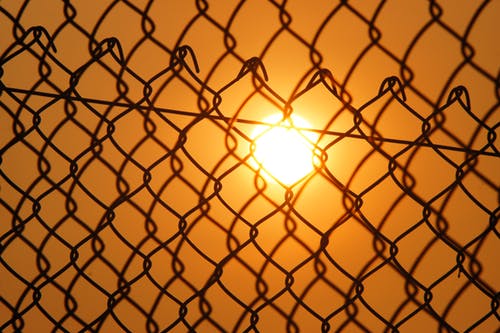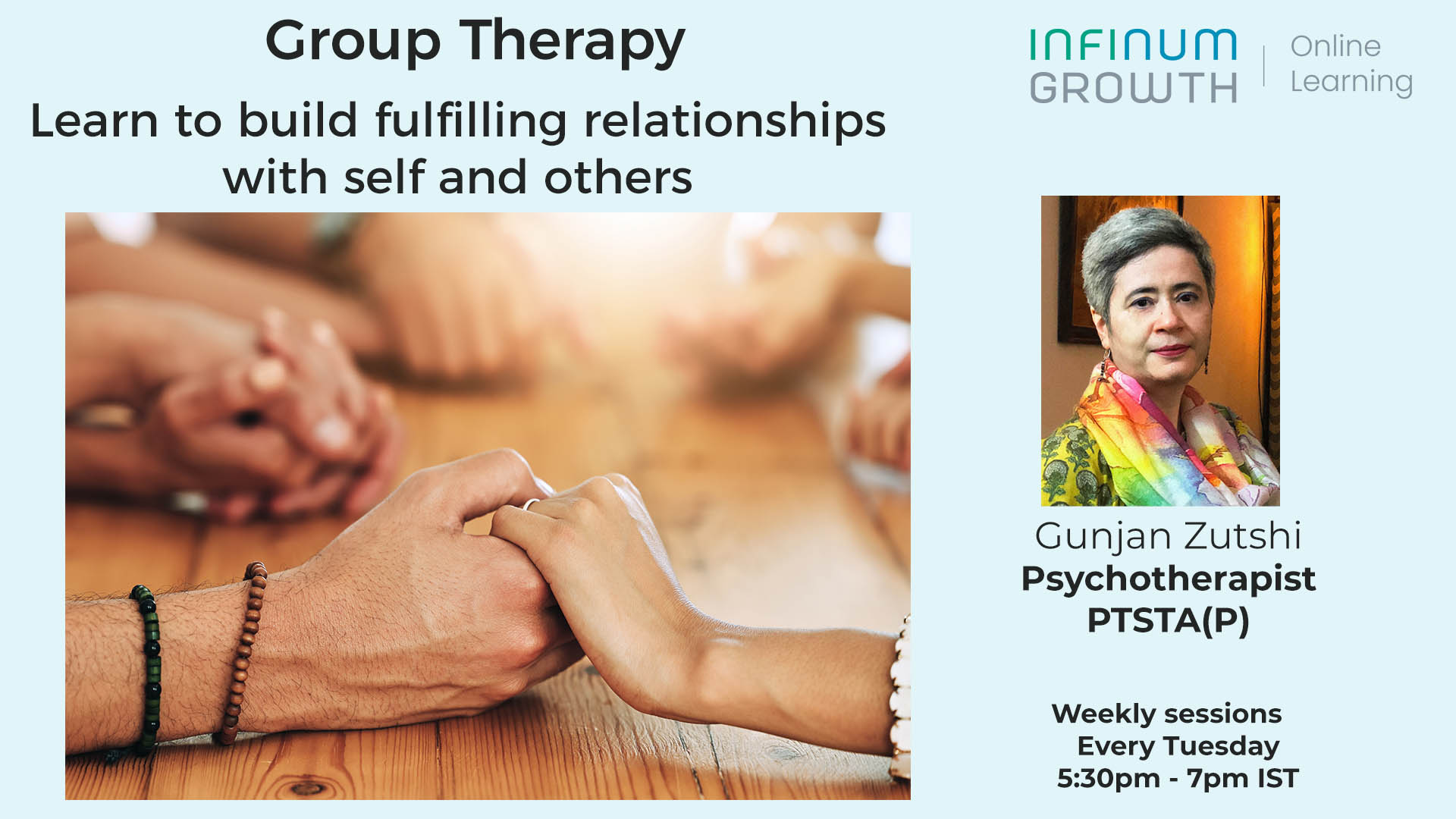In a family, a child is being constantly influenced to develop beliefs and thoughts in a particular way. As the child grows and learns, she develops a different set of opinions. Whenever she shares them, she is rebuked and scolded for developing them. Her parents try to mould her mind to run in a particular direction.
Can you guess what is happening to the child? Do you think the child will grow up to draw healthy boundaries?
What are an individual’s boundaries?
Boundaries are limits we put on self and on our relationships with others. These boundaries define us; who and what we are, where do we end our thoughts and actions or stop others from intruding into our lives. These ensure our overall well being.
To understand Boundaries, we first need to understand what a typical human personality is made up of.
We could look at our personality as being made up of four quadrants – Physical, Emotional, Social and Spiritual.These quadrants are distinct in their functions and characteristics; when woven together, they make us a whole. Their interplay is one of the most fascinating mechanisms a human existence can experience!
The boundaries that we draw for each of these quadrants of our personality are as follows
1.Physical boundaries
These may describe our physical appearance; our looks, our physical interaction and proximity with others. Our dressing and grooming style, our posture and stance are examples of what we would like to be in our appearance.
In physical contact with others, at the most basic level, it would define the comfort of the space we would wish to have versus others, specially strangers. For example, when you go to watch a movie, you adjust yourself in a way that makes you comfortable sitting with the person next to you. In this way, we draw physical boundaries to create a space of ‘the other’ and ‘me’.
Similarly, our boundaries also define our relationships; in terms of the physical contact and intimacy we would prefer to enjoy in them; and to what extent. A handshake, a hug, a pat on the back, a sexual exchange are all examples of physical interactions; and the experience of it would help us know if they are comfortable for us or not.
Being cognizant of the physical sensations that any contact invokes in us, helps us to recognise and maintain our boundaries. A healthy physical boundary would protect us from allowing any unpleasant physical interaction with others.
2.Emotional Boundaries
Emotional boundaries refer to the lines or limits we draw to separate our emotions and feelings from those of the other. It helps us in regulating how we feel and behave in certain situations. Having well-defined emotional boundaries helps us segregate how we feel and how others make us feel. For example: we can protect ourselves emotionally, if the other person is trying to manipulate us or trying to influence us in negative ways. It also helps to understand our emotions without getting them entangled with those of others.
Having healthy emotional boundaries also indicates that we do not impose our feelings on others. We can understand what our feelings are and what others feel.
3.Social Boundaries
Like our emotional and physical boundaries, our social boundaries help us to understand the social comfort we may enjoy with others. How we relate with the immediate family; what kind of people we like to associate with; the groups we would want to be a part of; the frequency and duration with which we would enjoy meeting others etc. Social boundaries would also help us to develop our identity in the family and the society.
What we think, perceive, believe, learn, memorize; and how we shape our intellect; are all that define our cognitive self. Boundaries here would help us understand our strengths and limitations and help us prevent any negative influence on them from others.
For example, knowing my belief system would help me differentiate my beliefs from those of others and thus help me protect them from getting negatively influenced by others. Since cognition is also the ingredient to developing or maintaining our self esteem, a well-formed identity there helps protect us from any criticism/violation/threat to our intellectual self.
4.Spiritual boundaries
These should not be confused with religious boundaries. Spiritual boundaries refer to our own idea of God, universe, power and energies. Irrespective of our religious belonging, each of us has a right to our spiritual connection. This connection can be an abstract and most unique experience; independent of other external occurrences; such that, having found this connection may be one of the most profound anchors that the person can find within the self. Due to the abstractness and uniqueness of this phenomenon, a spiritual boundary is one of the least spoken about. However, they are equally important to our well being as all the other aspects are.
The Interplay of Boundaries
Now, to the magnificence of the interplay of boundaries!
As these are different parts of ourselves, howsoever we may try to distinguish between one aspect and the other, they do influence and impact each other constantly. Therefore, being well defined in one and not in the other; Or, feeling violated in one while being safe in the other; is difficult to handle/deal with, and would not make us healthy.
The above-mentioned boundaries are all present in every person. The quadrants and the boundaries work as one comprehensive system. Their work can be compared to the work of different parts of our body when we breathe.While we breathe, our nose inhales, lungs expand, heart beats and the stomach wall gets pushed.Though it looks like one act, a lot of our organs are functional and get affected.
A simple explanation – the way I treat my emotional boundary, will have a large effect on the way I take care of my body/appearance (physical), talk to people (social), process my thoughts (cognitive) and connect with my faith (spiritual).
Impact of parental words and actions on a growing child
Coming back to the example of the child mentioned earlier…
Yes, her cognitive capacity has been broken and violated. She will grow up being either dependent on her parents to provide food for her thoughts or will have immense anger against them. Which means that their response on her cognitive realm will affect her emotions as well. Due to this, she will undergo emotional turmoil and conflict.
Our behaviour is governed by our thoughts and emotions, so her actions will be influenced by these conflicts. This, in turn, will influence her relationship to her own physicality. That is, her internal disturbance may demotivate her in wanting to take care of her body. Similarly, her connect with her spiritual self will also be affected. She may also develop her social interactions based on her thoughts borrowed from the others. The end result being, she might become inauthentic in the way, she lives her life.
It is therefore as important for parents/teachers/guardians to be aware of the impact of their words and actions on the child’s evolution, as much as it is important for grown up individuals to become aware of the boundaries they have developed.
This article is adapted from the one first published in From the Brewery of Life
Also read Defining Boundaries in Relationships
Please do leave your comments at the bottom and do share with others if you like this article.


















